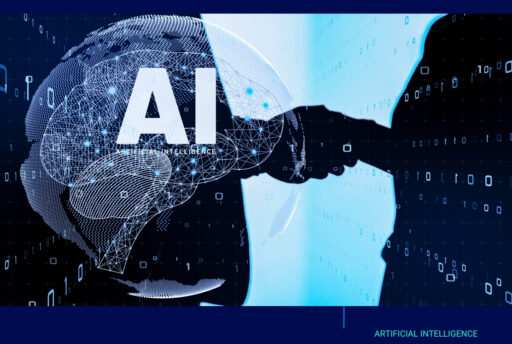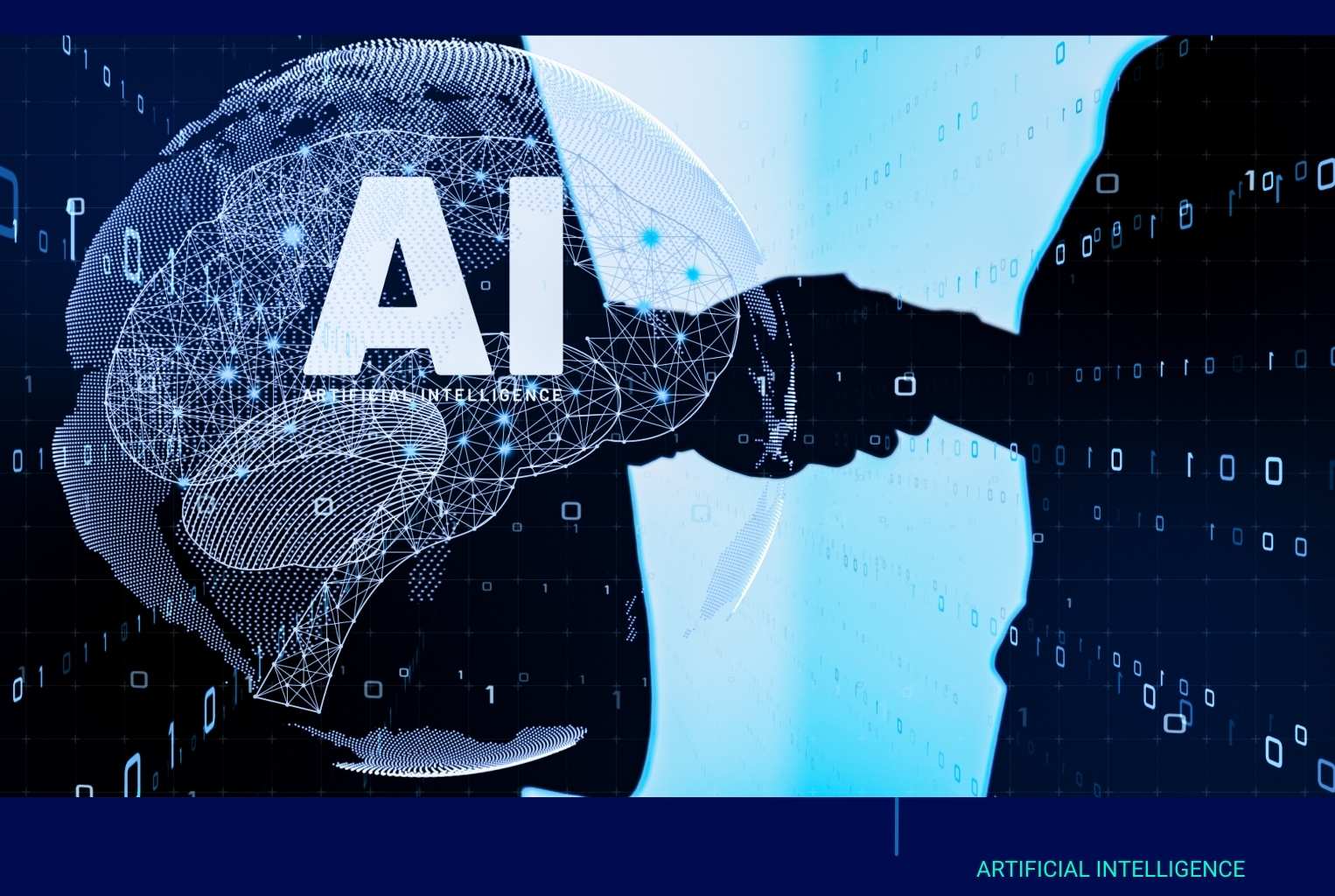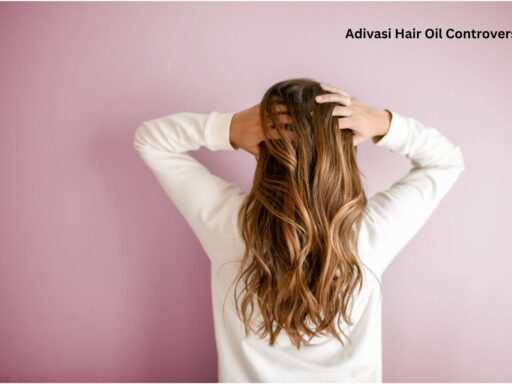Artificial Intelligence (AI) has been transforming the world in ways we could hardly imagine a few decades ago. From healthcare to transportation, AI is revolutionizing various industries. However, one of the most debated questions today is: Is Artificial Intelligence a threat to creativity? This blog aims to explore this question in depth, considering both sides of the argument.
What is Creativity?
Creativity is the ability to generate new ideas, solutions, or concepts that are original and valuable. It’s what artists, musicians, writers, and innovators use to bring something new into the world. Creativity involves thinking outside the box, breaking rules, and seeing connections between seemingly unrelated ideas. But can Artificial Intelligence replicate or replace this human trait?
The Rise of Artificial Intelligence in Creative Fields
Artificial Intelligence has already made significant strides in creative domains. AI can now compose music, write articles, create visual art, and even develop recipes. These AI-generated creations can be stunningly beautiful, well-structured, and surprisingly original. But does this mean that AI is truly creative, or is it just mimicking creativity?
AI works by analyzing vast amounts of data and identifying patterns. It uses these patterns to generate content that seems creative. For example, an AI program trained on thousands of paintings can produce a new piece of artwork that looks like it was created by a human artist. Similarly, AI-powered writing tools can generate articles or stories based on a set of inputs.
The Argument That Artificial Intelligence Enhances Creativity
Some experts believe that Artificial Intelligence is not a threat to creativity but rather an enhancement. AI can handle repetitive tasks, analyze data, and generate ideas that humans can build upon. For example, AI can quickly generate multiple design ideas, allowing a human designer to choose and refine the best one. This collaboration between AI and humans can lead to more innovative and creative outcomes.
Moreover, AI can help democratize creativity. With AI tools, people who may not have traditional artistic skills can create music, art, or literature. This opens up new possibilities for expression and innovation. In this sense, AI can be seen as a tool that enhances and expands human creativity, rather than replacing it.
The Argument That Artificial Intelligence Threatens Creativity
On the other hand, some argue that Artificial Intelligence poses a threat to creativity. One concern is that AI-generated content lacks the emotional depth and personal experience that human-created content has. While AI can produce technically perfect art or music, it may lack the soul and meaning that comes from human experience.
Another concern is that reliance on AI could lead to a homogenization of creativity. Since AI generates content based on patterns and data, it may produce works that are similar to what already exists. This could result in a loss of originality and diversity in creative fields. Instead of encouraging new and unique ideas, AI could push creativity towards conformity.
There is also the fear that AI could eventually replace human creators altogether. As AI becomes more advanced, it could take over more creative tasks, leading to fewer opportunities for human artists, writers, and musicians. This could result in a loss of jobs and a decline in human creativity.
Can Artificial Intelligence Truly Replace Human Creativity?
While AI can create impressive works of art, music, and literature, it is still far from replacing human creativity. AI lacks the ability to feel emotions, have personal experiences, or understand the world in the way humans do. Creativity is deeply tied to human consciousness, emotions, and experiences. AI, on the other hand, is based on algorithms and data.
Human creativity is also driven by curiosity, imagination, and the desire to express oneself. AI can generate content, but it cannot create with the same purpose or meaning that humans can. AI may be able to mimic creativity, but it cannot truly replicate the human experience.
The Future of Creativity in the Age of Artificial Intelligence
As Artificial Intelligence continues to advance, its role in creative fields will likely grow. However, this does not necessarily mean that AI will replace human creativity. Instead, AI and humans can work together to push the boundaries of what is possible in art, music, literature, and other creative fields.
In the future, we may see a new form of creativity that combines the best of both worlds: the imagination and emotional depth of humans, and the data-driven insights and efficiency of AI. This collaboration could lead to new and innovative creations that we cannot yet imagine.
Conclusion
So, is Artificial Intelligence a threat to creativity? The answer is not straightforward. While AI has the potential to change the creative landscape, it is unlikely to replace human creativity entirely. Instead, AI can be a tool that enhances and expands human creativity, opening up new possibilities for innovation and expression.
As we move forward in the age of Artificial Intelligence, it is important to find a balance that allows both AI and human creativity to thrive. By working together, we can create a future where technology and creativity coexist, leading to a richer and more diverse creative world.



